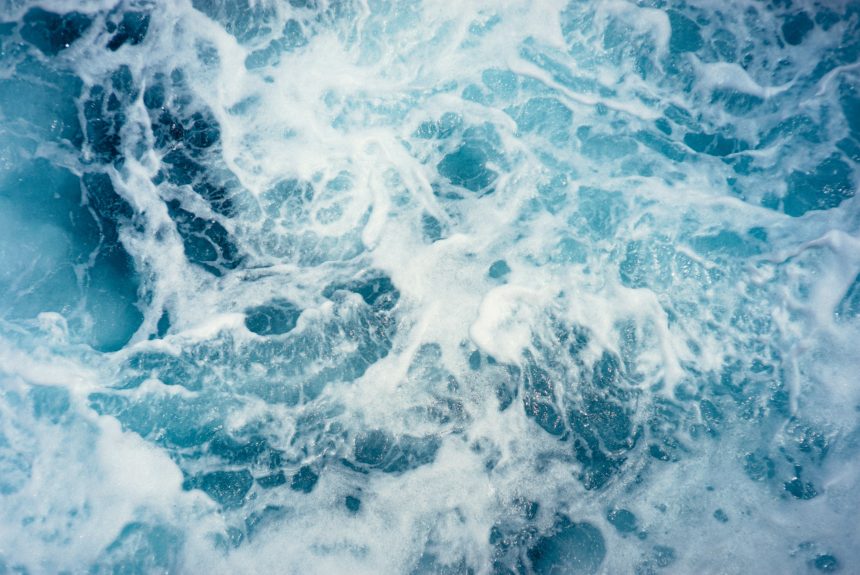Jim Robbins of YaleEnvironment360 writes on how seawater may play a role in fueling clean energy.

- A company in Oakland, California called Magrathea Metals is extracting magnesium from seawater and industrial waste brine in a carbon-neutral process, with plans to scale up production significantly by 2028.
- Extracting metals like magnesium, lithium and cobalt from brine avoids the environmental impact of hard-rock mining while tapping into a vast and underutilized resource stream.
- Beyond seawater and desalination brine, companies and researchers are exploring extracting valuable metals and minerals from various industrial wastewater and brine sources like power plants and oil and gas operations.
“According to the Brine Miners, a research center at Oregon State University, there are roughly 18,000 desalination plants, globally, taking in 23 trillion gallons of ocean water a year and either forcing it through semipermeable membranes — in a process called reverse osmosis — or using other methods to separate water molecules from impurities. Every day, the plants produce more than 37 billion gallons of brine — enough to fill 50,000 Olympic-size swimming pools. That solution contains large amounts of copper, zinc, magnesium, and other valuable metals.”
Read the full article here.
The views and opinions expressed are those of the author’s and do not necessarily reflect the official policy or position of C3.
